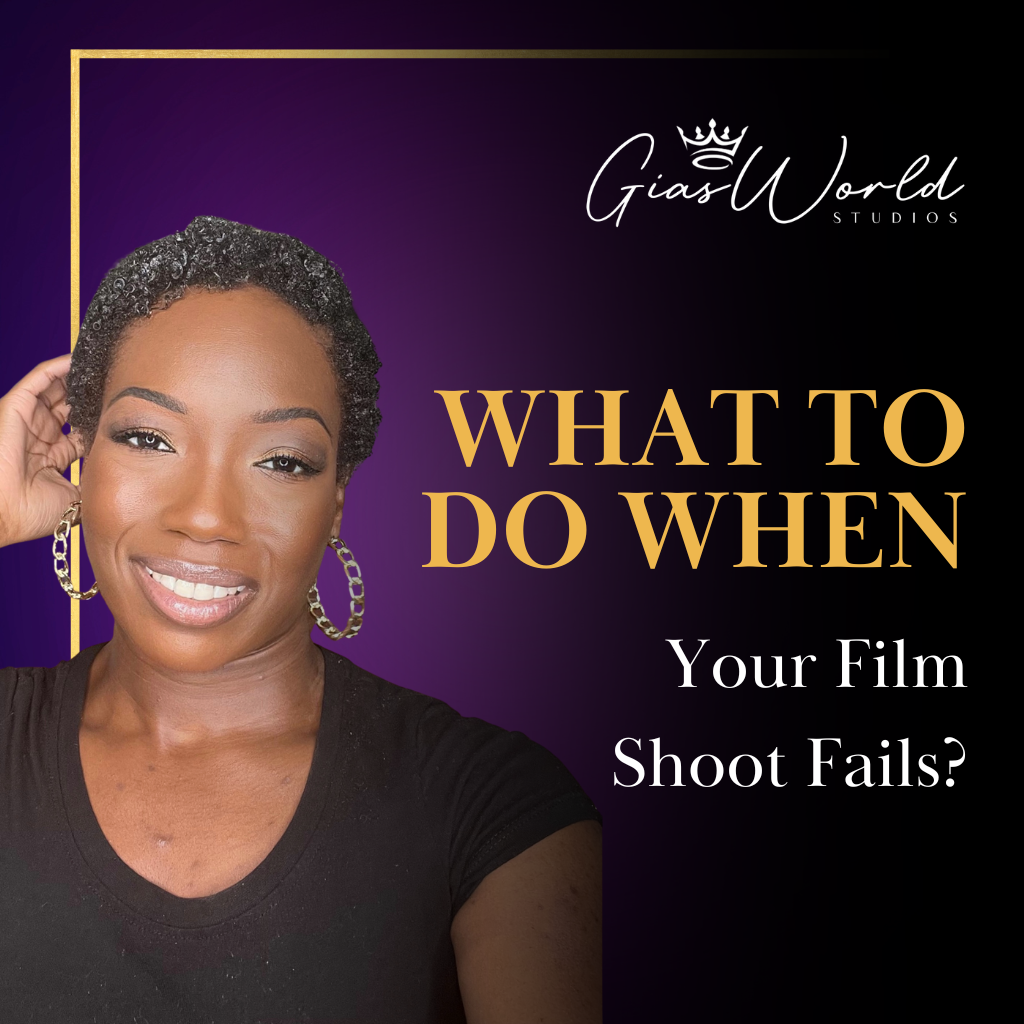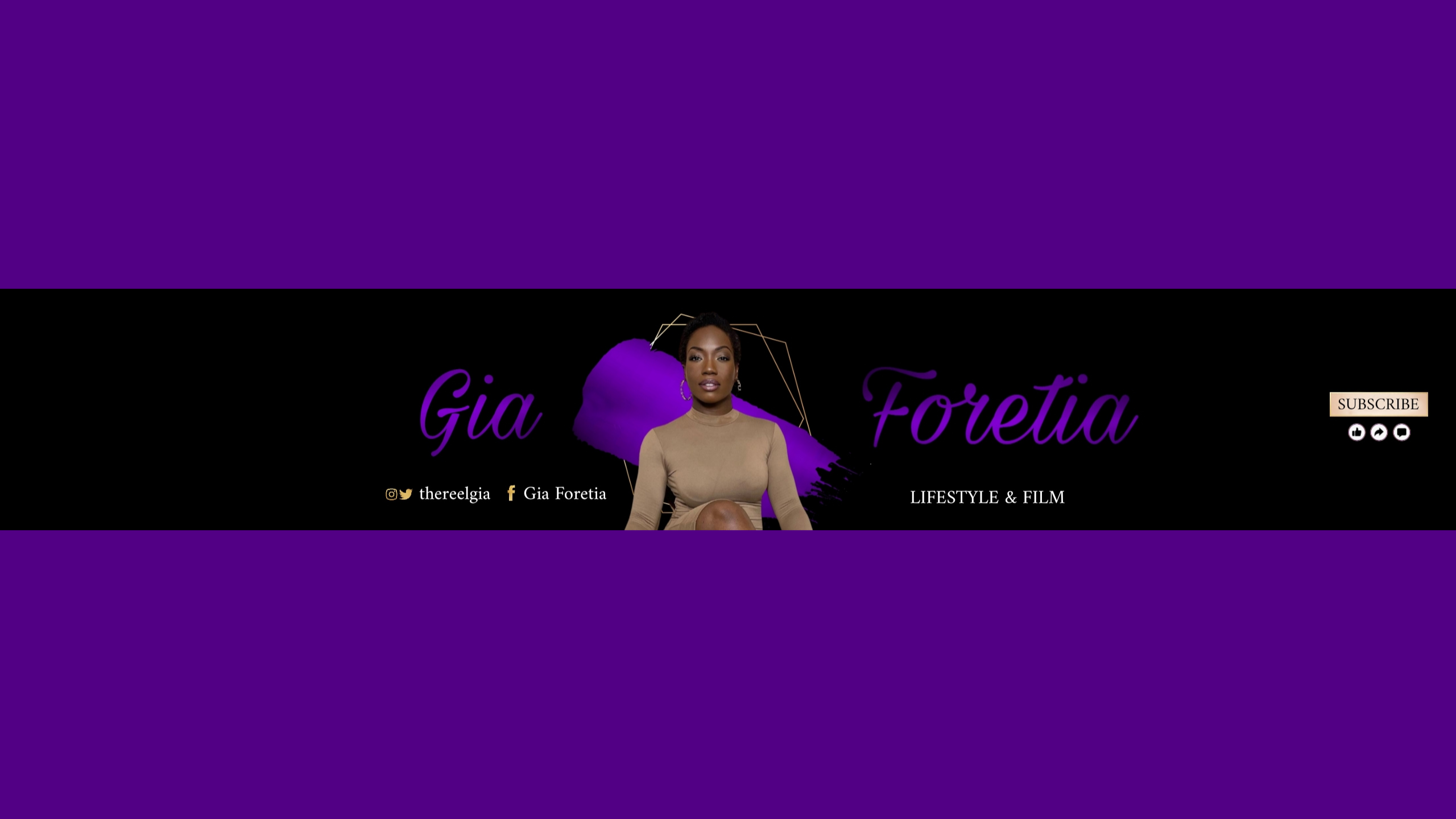What To Do When Your Film Shoot Fails?


“If you never know failure, you will never know success” – Sugar Ray Leonard
It’s two weeks after we wrap from the shoot and I’m finally able to ship the footage to the editor. She sends me a text a few days later letting me know that she’d received the footage, and she’ll need a few days to send the first rough cut.
As the days go by, the editor explains that she’ll need extra time because the director needed to send over a list of the best shots, sync the audio properly with the footage, place the music where it needs to be etc. Then finally, I get a text letting me know that the first rough cut is ready to view. My stomach immediately drops. I wait a few minutes to slow my breathing and heart rate down and then, I finally hit play.
I watch the 2-minute clip all the way to the end. I couldn’t understand the story line. After an hour of pacing, I had to fully accept that I made a major mistake before going through with this production. The shots that we chose to film were not for the “end consumer” but were for us, those who already knew the story.
How can I improve my film production?
It all starts in pre-production. You always want to aim to have a good team working on your project. Depending on the type of film you’re producing (i.e., trailer, short, feature) you need to be very careful about the scenes and shots you choose to capture.
If you’re producing a trailer to raise funds you need to do research and talk to people who’ve both read and haven’t read your script. Have a pitch / logline for your film. Determine your end consumer. Then, go out and talk to them.
Tell them you’re making a mini trailer for your film, and this is what the film’s about. What scenes, shots, people, sound, lines/phrases etc. would you need to see in the trailer to fully understand the story and get you interested in donating?
Another way to improve your film production is to have a great script. When your story is good, great people will attract themselves to it.
After a few days of feeling down I decided to pick up the pieces/harsh lessons and start again. Luckily, I’d been stashing some money away and had a small budget to work with for a very small shoot. I was going to get it right this time.
A few days later, I meet up with Ihana (the videographer who worked on the trailer) at a Starbucks in DC. After she put together an amazing behind-the-scenes video I knew I could trust her judgement. Since there was no seating in the Starbucks we then went to a nearby café. I muster the courage to show her the rough cut. She confirms my thoughts about the lack of understanding of what was being shown.
Then I ask her if she could help me re-shoot the trailer. She asks for some time to think about it and respectfully, I agree. A few days later she gets back to me agreeing to take on the re-shoot of the trailer. Yes!!
Next, came the task of asking people who’ve never read the script, what shots they would need to see on the screen to fully understand the story based on the logline and the little bit of background information I gave them. The answers started pouring in. I even book a one-hour session with acting coach, John Judy from the Theatre Lab in which we spent 2.5 hours breaking down what he thought would need to be shown as well.
Finally, came the challenge of figuring out how to embody the character that I would play. My brother suggested I watch the film, “The Unforgiveable” starring Sandra Bullock. After watching it, all I could think was, “I’m going to have to make myself look rough”. And that I did.
How did the second shoot go? Well, you’ll have to stick around for the next blog post to find out.
Until next time.
Click here to check out this story about how an independent filmmaker bounced back from multiple film failures. Check this video out below as well.
How do you succeed in film production?
With the upgrade of technology, there’s honestly no straight answer. But I will say you need to just start. Create a story. If you can’t write hire a freelance writer and get something on camera. Fail. Get back up. Succeed. Keep putting yourself out there. There are thousands of people who are going viral on social media for all types of content. You never know, something as simple as a clip from your film could be one of them.
Another post you may be interested in:
- How To Get Through Your First Table Read?
- How Second Chances Can Lead To Film Success?
- How To Save Money With Archival Footage In Film?
Disclaimer:
The author is not liable for any losses or damages related to actions of failure to act related to the content in this article. If you need specific legal advice, consult with an attorney who specializes in your subject matter and jurisdiction.
Related
Related Posts
How To Add ADR & Finish A Short Film?
Adding ADR is tedious but can make the biggest difference in film. Read how I…
Related
What It’s Like Adding Music & A Final Sound Mix To A Short Film?
With any goal, once the finish line is inches within reach the biggest challenge of…




How Important Is Visual Effects In Film? - Gia's Crazy Life | 21st Oct 22
[…] What To Do When Your Film Shoot Fails? […]
How Important Is Production Design In Film? - Gia's Crazy Life | 15th Dec 22
[…] What To Do When Your Film Shoot Fails? […]